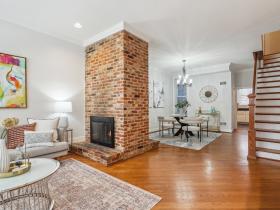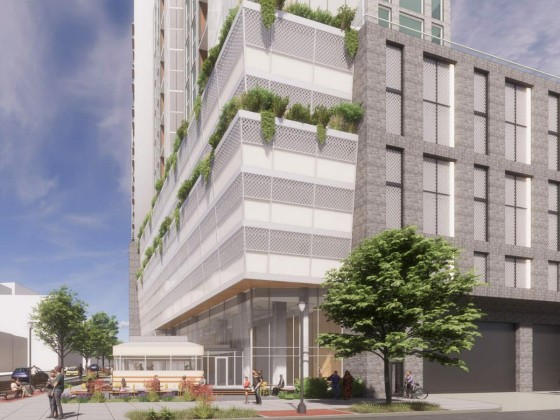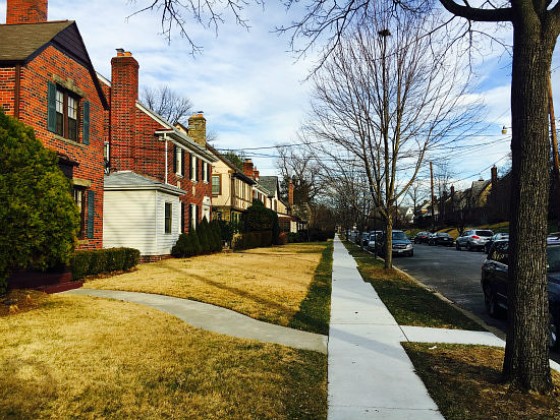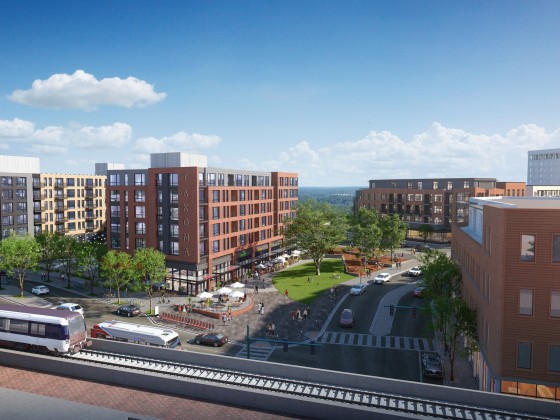 How Apartels Are Impacting the Rental Market
How Apartels Are Impacting the Rental Market
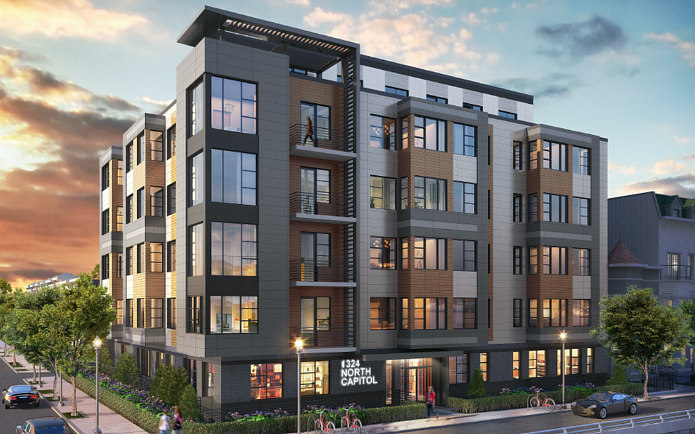
In a couple of weeks, DC will join other jurisdictions which have implemented new regulatory systems in response to the short term rental market embodied in the rise of platform Airbnb.
However, while the causes of preserving the availability of long term rentals on the market and protecting the hotel industry were often evoked by politicians in the short term rental crackdown, the companies which institutionalized the Airbnb model have actually thrived in the newly regulated market.
The Urban Land Institute held a panel recently about the relationship between the short term rental and multifamily housing markets, featuring WhyHotel president Bao Vuong and Sonder managing director Marley Dominguez. Both hospitality companies have a presence in the DC area by master leasing a percentage of units in new multifamily buildings to sublet as rentals with up to 18 month terms. With WhyHotel operating via hotel licensing and Sonder tailoring their approach based on the jurisdiction, the regulated market has been quite hospitable to these models. This new wave also comes years after the emergence of the "apartel" into the public consciousness, as DC began cracking down on companies and apartment buildings which illegally sublet apartment units ("apar"-) for short proof periods similar to hotel rooms (-"tels").
story continues below
loading...story continues above
"In every jurisdiction that we've gone into, we've been able to find a path to do what we do legally, and I think that starts with getting in early, getting in with the right groups, and then really educating them about how we operate, and generally, once they understand how we're different, then they're often finding ways to help us get to a 'yes' as opposed to finding ways to say no," Vuong said. Dominguez agreed, stating that jurisdictions are becoming more flexible in how they deal with commercialized short term rentals compared to private hosts in residential areas.
When it comes to the impact of short term rentals on the overall residential market, however, the institutional hospitality operators think of themselves as allies in relieving pressure in the multifamily market. WhyHotel, for example, operates in a portion of newly delivered multifamily buildings during lease up for a maximum of two years, while Sonder typically leases in buildings or markets with high vacancy rates. In that sense, both are helping mitigate the risk and lack of capital flow that comes with vacancies, enabling developers to use their capital on other projects which may include affordable units.
"What we've found is that we help stabilize the property to allow more development to move forward," Dominguez said. He also noted that his company has paid into affordable housing funds in certain jurisdictions, even offering contributions upfront in some cases in order to make deals work.
Overall, this newer niche hospitality market is finding its footing, and a welcome reception, in many cities. If the National Multifamily Housing Council is correct in estimating that roughly 65 percent of recent bookings on Airbnb were in multifamily buildings, however, it remains to be seen whether these operations actually relieve or increase pressure on the rental market.
See other articles related to: airbnb, airbnb dc, hospitality, hotels, short term rentals, short-term rental, sonder, whyhotel
This article originally published at https://dc.urbanturf.com/articles/blog/how-apartels-are-impacting-the-rental-market/15916.
Most Popular... This Week • Last 30 Days • Ever

DC's homebuyer assistance programs can be a bit complex. This edition of First-Timer ... read »
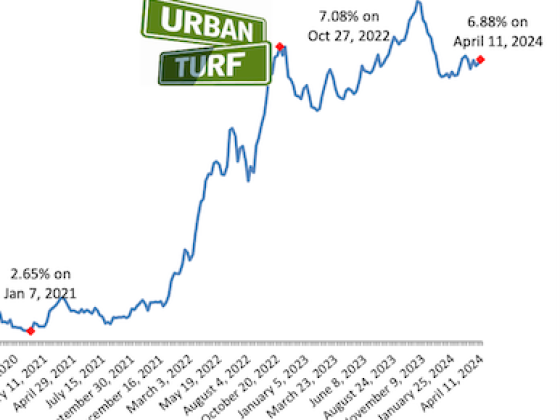
When it comes to financing a home purchase, a 30-year mortgage is one of the most com... read »
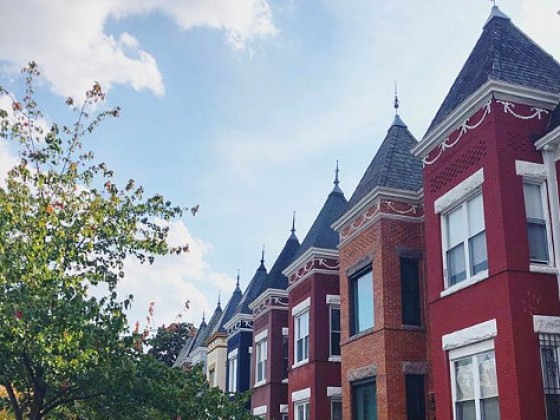
Pocket listings are growing in popularity in the low-inventory market in the DC regio... read »
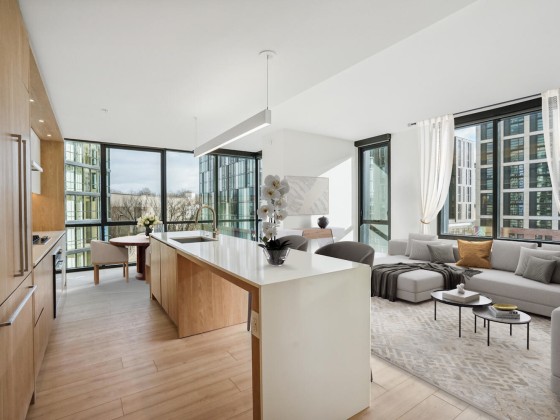
Margarite is a luxury 260-apartment property known for offering rich, high-end reside... read »
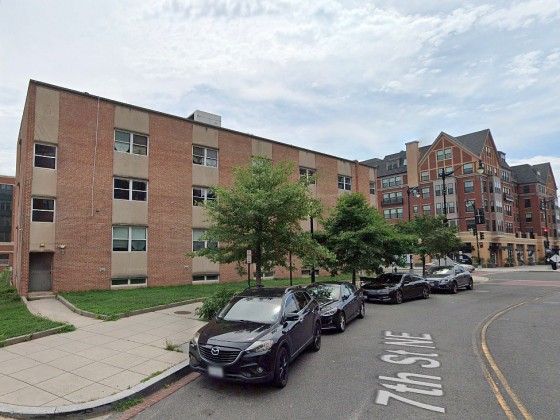
The owner of 700 Monroe Street NE filed a map amendment application with DC's Zoning ... read »
DC Real Estate Guides
Short guides to navigating the DC-area real estate market
We've collected all our helpful guides for buying, selling and renting in and around Washington, DC in one place. Start browsing below!
First-Timer Primers
Intro guides for first-time home buyers
Unique Spaces
Awesome and unusual real estate from across the DC Metro






